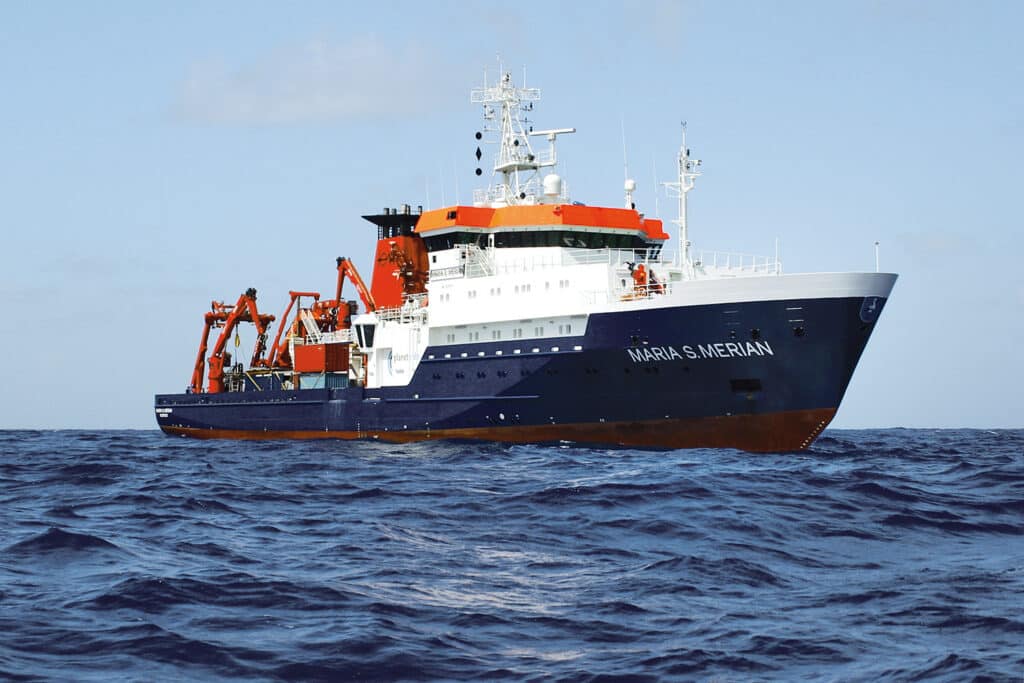German marine research welcomes the current recommendations of the German Council of Science and Humanities on the further development of the research fleet and other marine research infrastructures.
In January 2021, the Federal Ministry of Education and Research (BMBF) asked the German Council of Science and Humanities to update the recommendations on the development and overall concept of the German marine research fleet from 2010, focussing on the strategy, use and need for renewal of medium-sized research vessels. In addition, the recommendation from 2010 to establish joint management and deployment planning for the large-scale equipment required by research should be reassessed.
„Regional research vessels are increasingly important as platforms for the deployment, testing, development and further development of (partially) autonomous systems. The training of young scientists will also continue to account for a high proportion of utilisation, particularly with regard to training in the use of equipment. The regional ships are particularly important for young scientists with fixed-term contracts, not least because of the shorter application deadlines. The need for regional vessels is also expected to remain constant in the area of monitoring. In view of the increasing urgency of research issues off the German coast, it is essential in the view of the German Council of Science and Humanities that at least the existing ship capacity remains available for research purposes despite the aforementioned, equally indispensable uses. This is important not least because of the flexibility of the regional research vessels, which, for example, enables prompt, shorter deployments on the occasion of special environmental events.„
from: German Council of Science and Humanities | Recommendations for the further development of the German marine research fleet, 2023.

In the view of the Council of Science and Humanities, it is essential that at least the existing ship capacities remain available for research, training, technology development and monitoring. The Council of Science and Humanities recommends that the existing regional fleet be gradually replaced and further developed with new vessels based on a standardised design. In addition to the renewal of the regional research fleet, the Council of Science and Humanities recommends reorganising the reimbursement of costs for the use and operation of large-scale marine equipment in order to provide equal access for all researchers, regardless of their institution of origin, and to improve the efficiency and transparency of the system.
(c) Photo: Nico Augustin | GEOMAR
